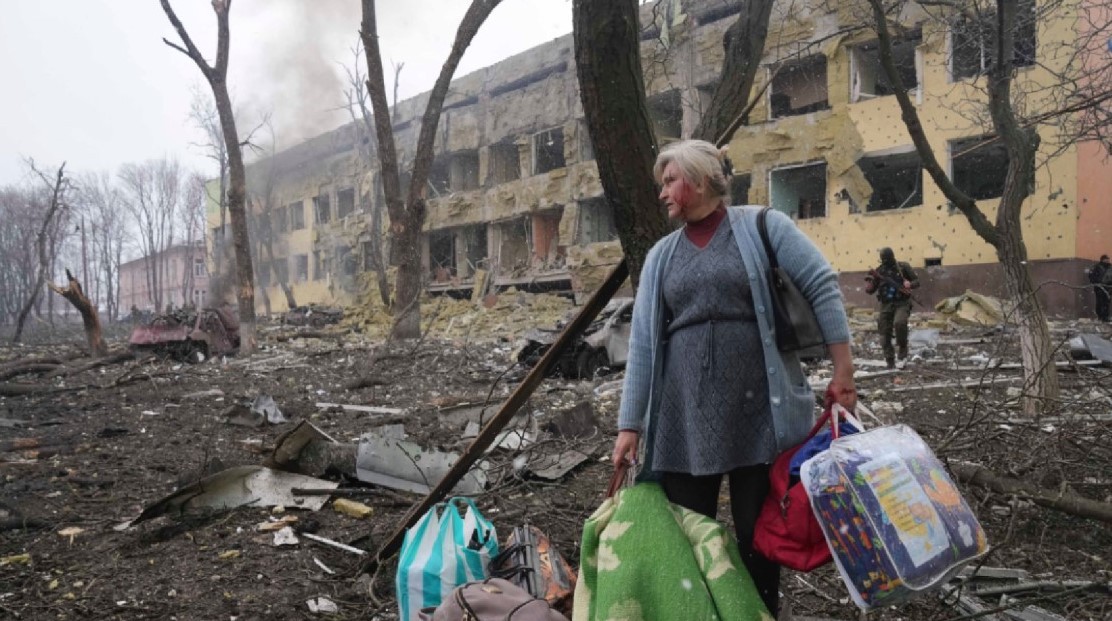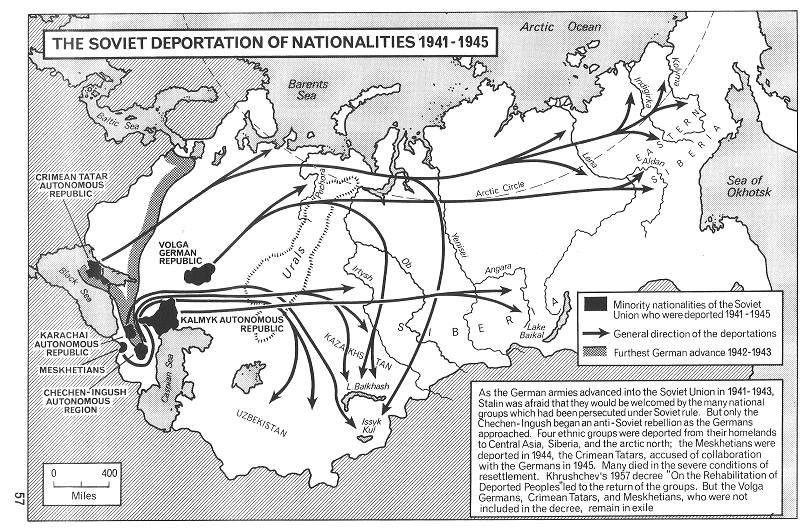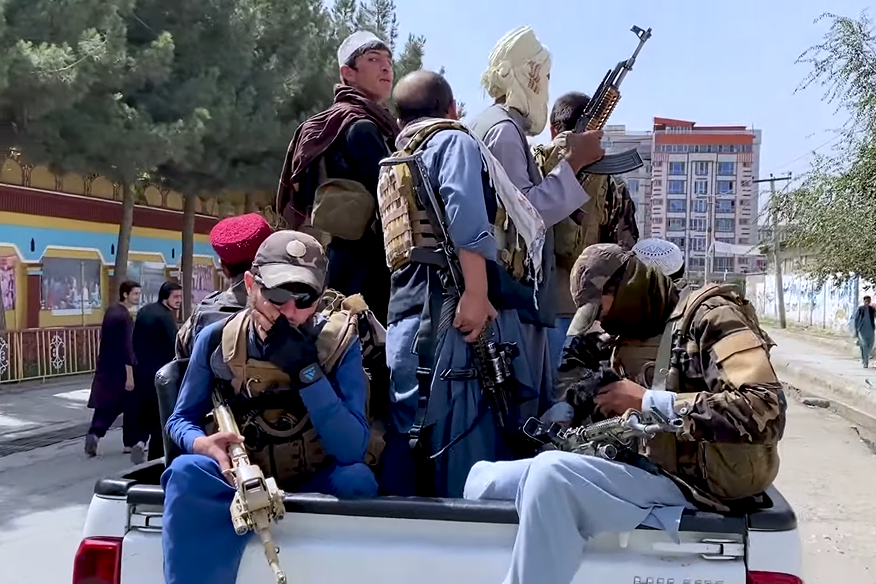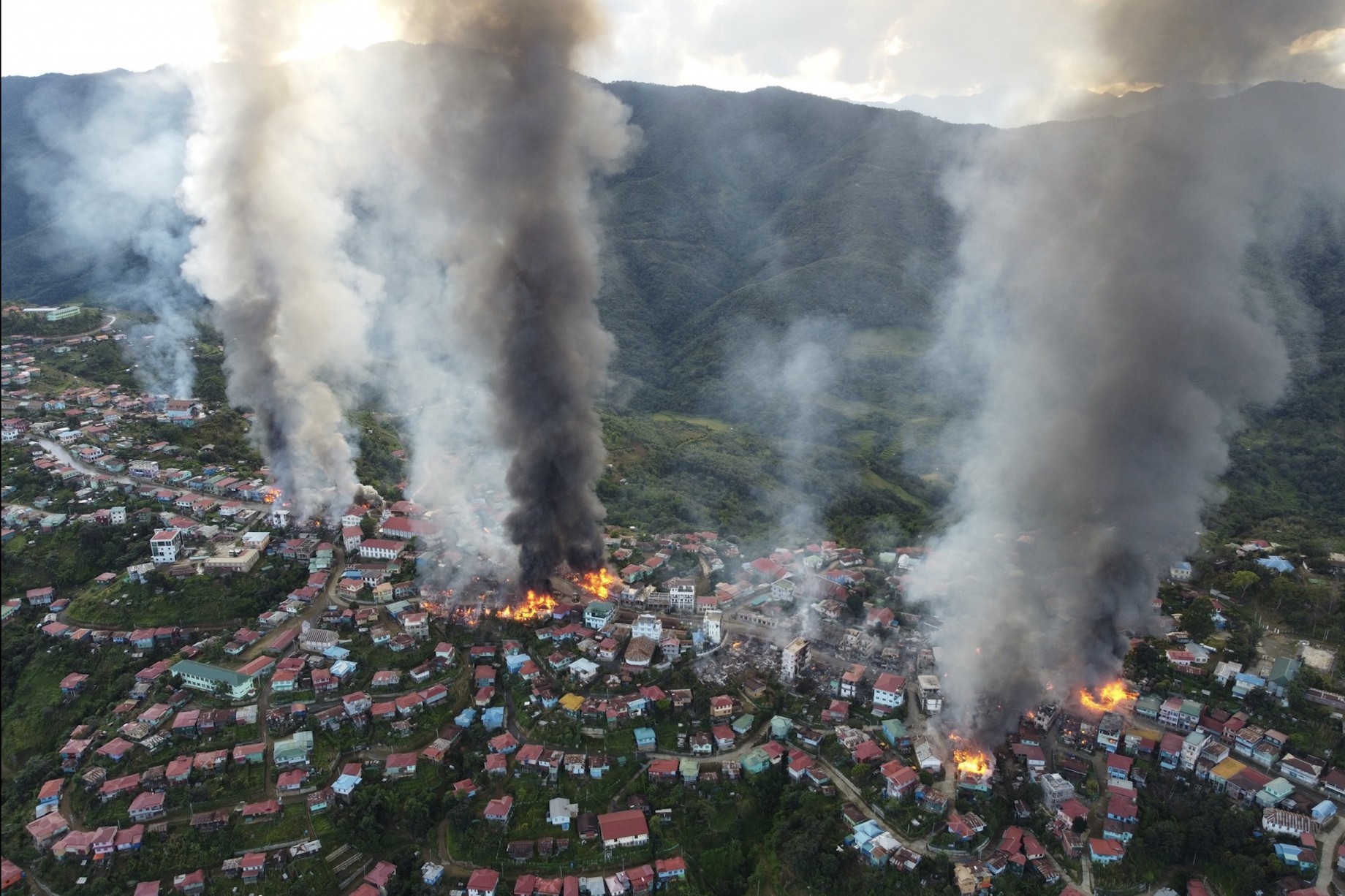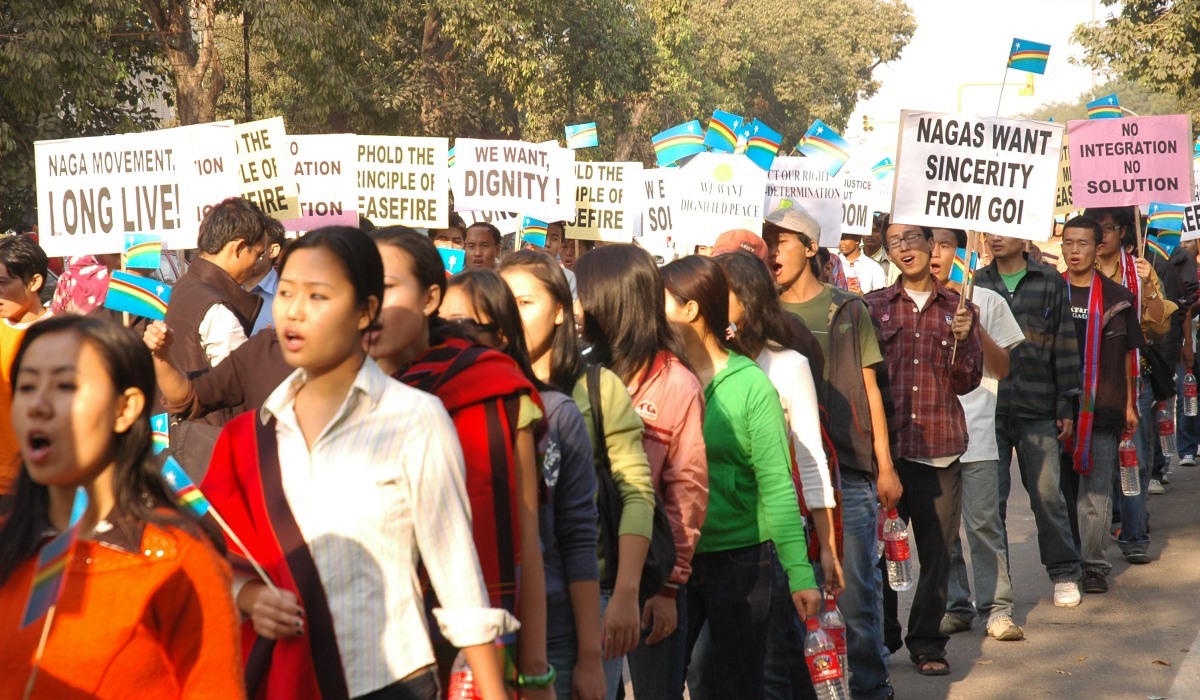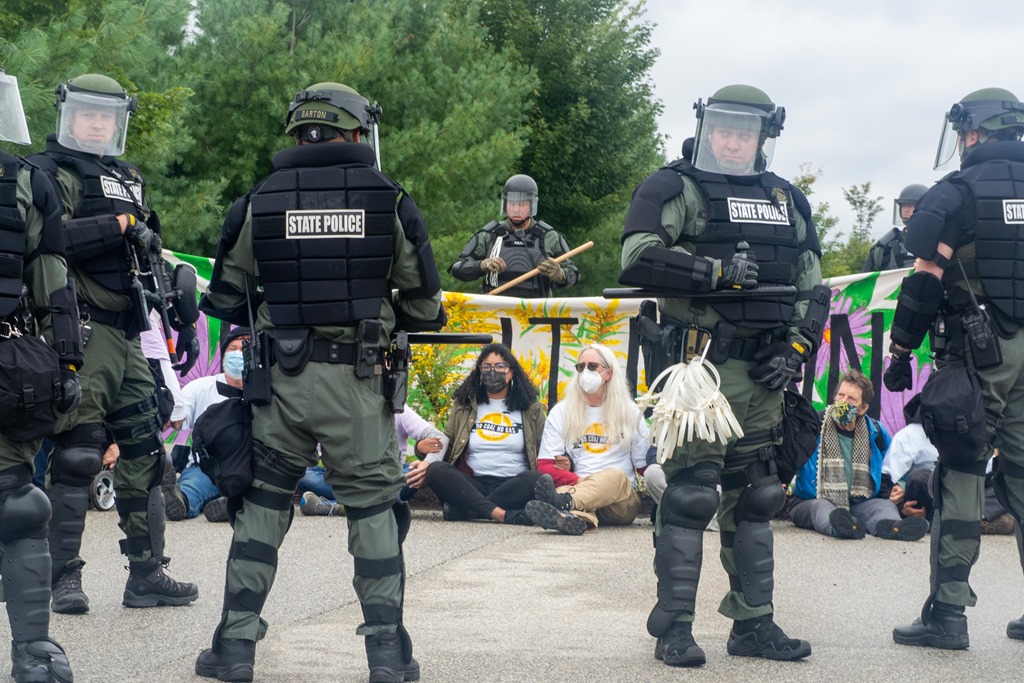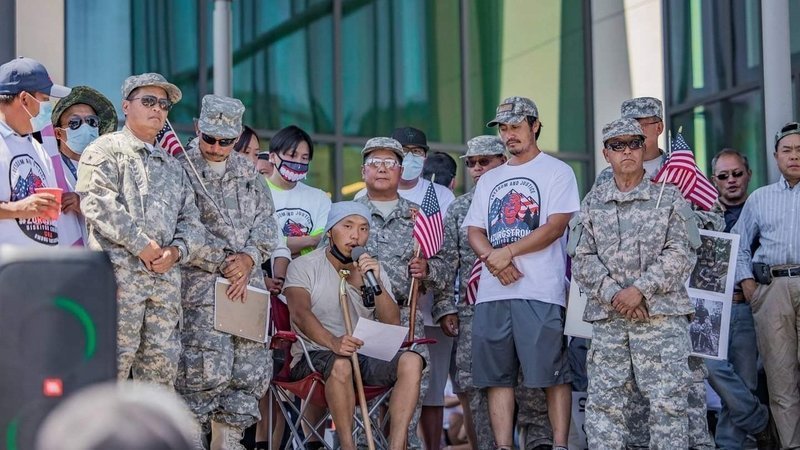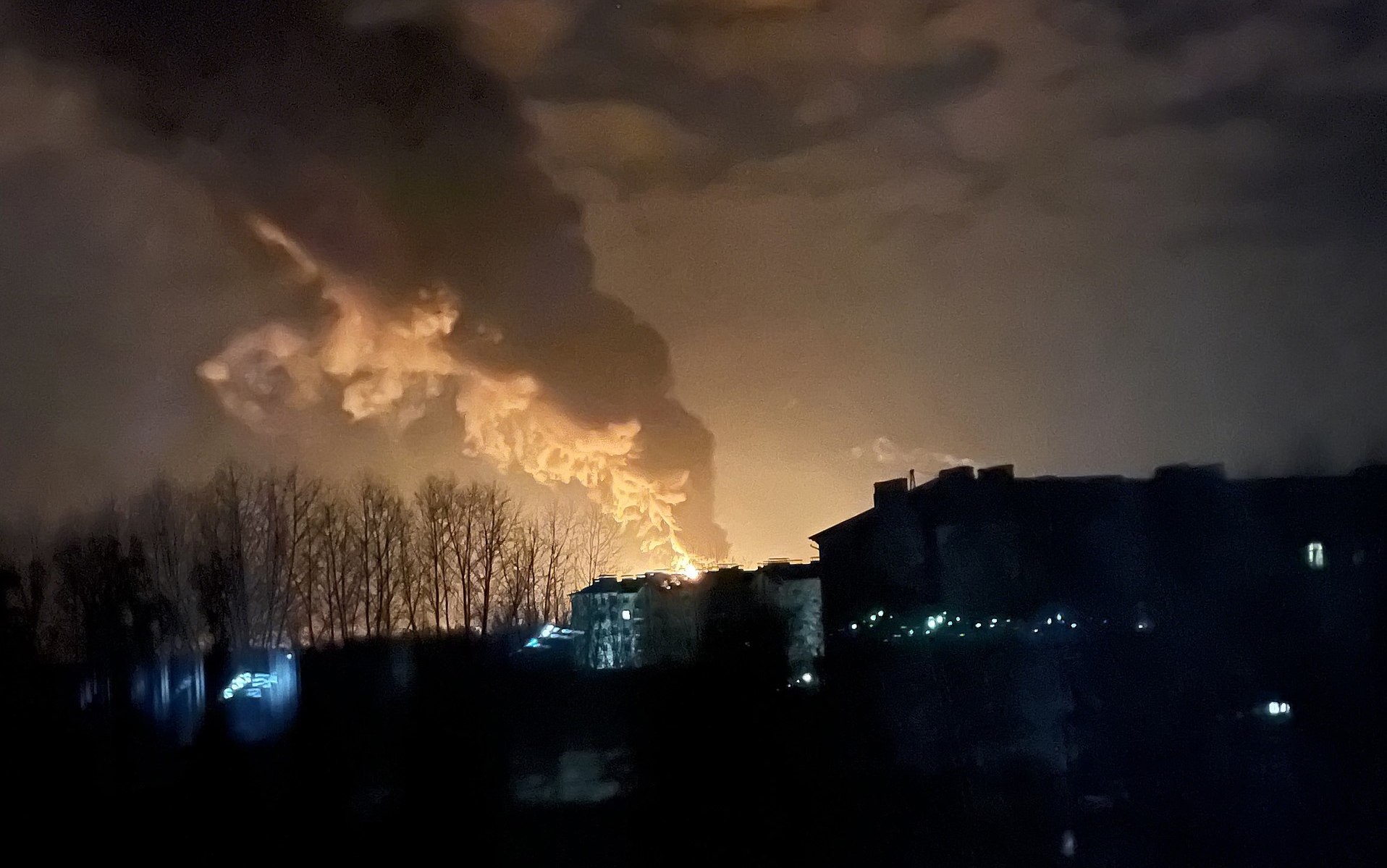
ENVIRONMENTAL WAR CRIMES IN UKRAINE
The International Criminal Court has opened an investigation into the Russian invasion of Ukraine, finding that there are “reasonable grounds” to believe war crimes have been committed. Media attention has, quite rightly, focused on the plight of individuals caught up in the carnage—many of whom have died in terrible circumstances. However, in the background, there is another victim of the invasion: the environment. Bombardment of oil depots, the release of radiation at the Chernobyl nuclear site, the forest fires engulfing the Black Sea Biosphere Reserve—these may constitute environmental war crimes under the Rome Statute. However, the criteria are rigorous, and the perpetrators ever standing trial seems contingent on a political upheaval in Russia. In a commentary for Jurist, international law scholar Elliot Winter of Newcastle University in the UK examines the odds for prosecution of such crimes in the Ukraine conflict.
Continue ReadingENVIRONMENTAL WAR CRIMES IN UKRAINE


